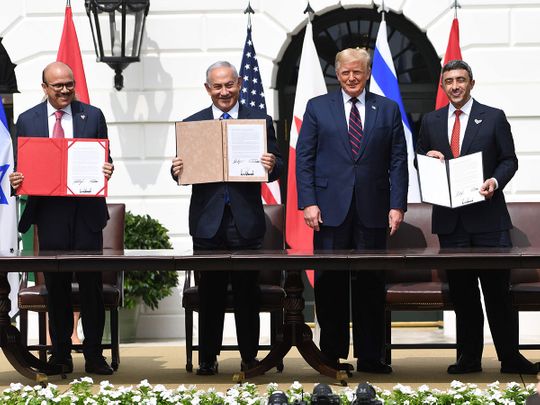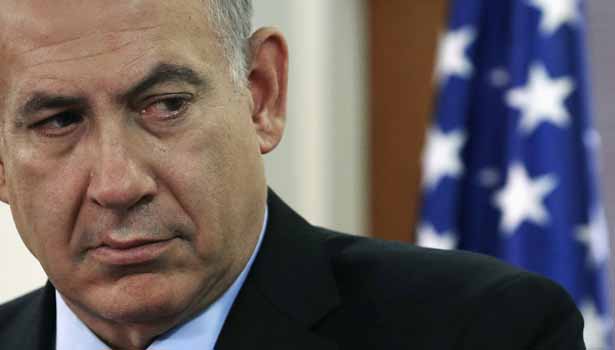For more than seventy years, Arab regimes communicated a message of belligerency towards Israel, teaching the next generation to war on the Jewish state.
That policy of violence even permeated Arab entities with peace accords with Israel: Egypt, Jordan and the PLO, each of whom signed internationally recognized peace accords, yet established school systems and cultural institutions which promote the notion of indoctrinating “the right of return by force of arms”.
This month, history changed.
The UAE, The United Arab Emirates, an Arab nation strategically located between Saudi Arabia and Iran, signed a solid peace accord with Israel which featured unprecedented clauses of rapprochement:
Peace and Stability: The Parties shall attach profound importance to mutual understanding, cooperation and coordination between them in the spheres of peace and stability, as a fundamental pillar of their relations and as a means for enhancing those spheres in the Middle East as a whole. They undertake to take the necessary steps to prevent any terrorist or hostile activities against each other on or from their respective territories, as well as deny any support for such activities abroad or allowing such support on or from their respective territories.
Cooperation and Agreements in Other Spheres: As an integral part of their commitment to peace, prosperity, diplomatic and friendly relations, cooperation and full normalization, the Parties shall work to advance the cause of peace, stability and prosperity throughout the Middle East, and to unlock the great potential of their countries and of the region.*
Mutual Understanding and Co-existence: The Parties undertake to foster mutual understanding, respect, co-existence and a culture of peace between their societies in the spirit of their common ancestor, Abraham, and the new era of peace and friendly relations ushered in by this Treaty, including by cultivating people-to-people programs, interfaith dialogue and cultural, academic, youth, scientific, and other exchanges between their peoples… The Parties shall work together to counter extremism, which promotes hatred and division, and terrorism and its justifications, including by preventing radicalization and recruitment and by combating incitement and discrimination. They shall work towards establishing a High-Level Joint Forum for Peace and Co-Existence dedicated to advancing these goals.









